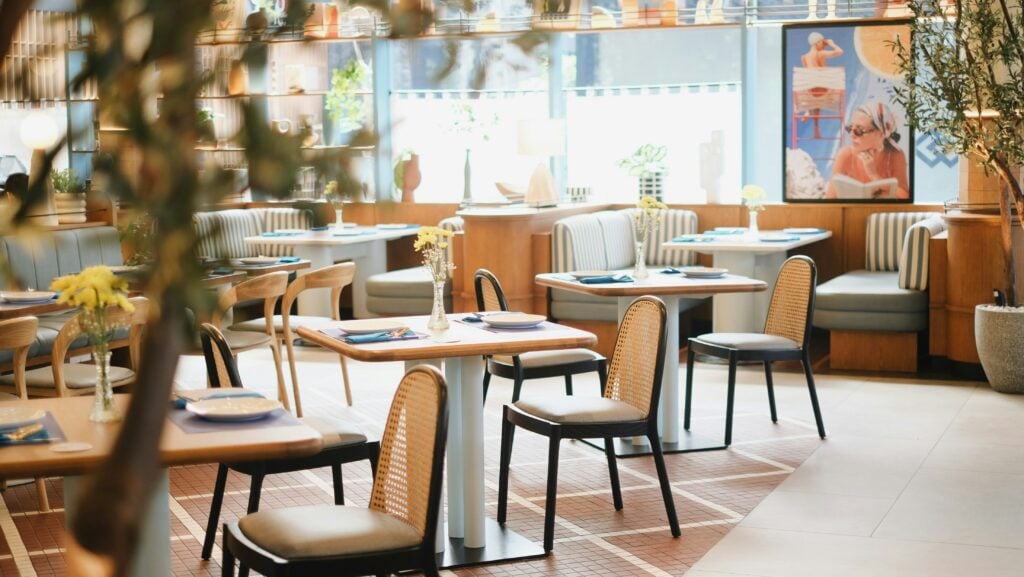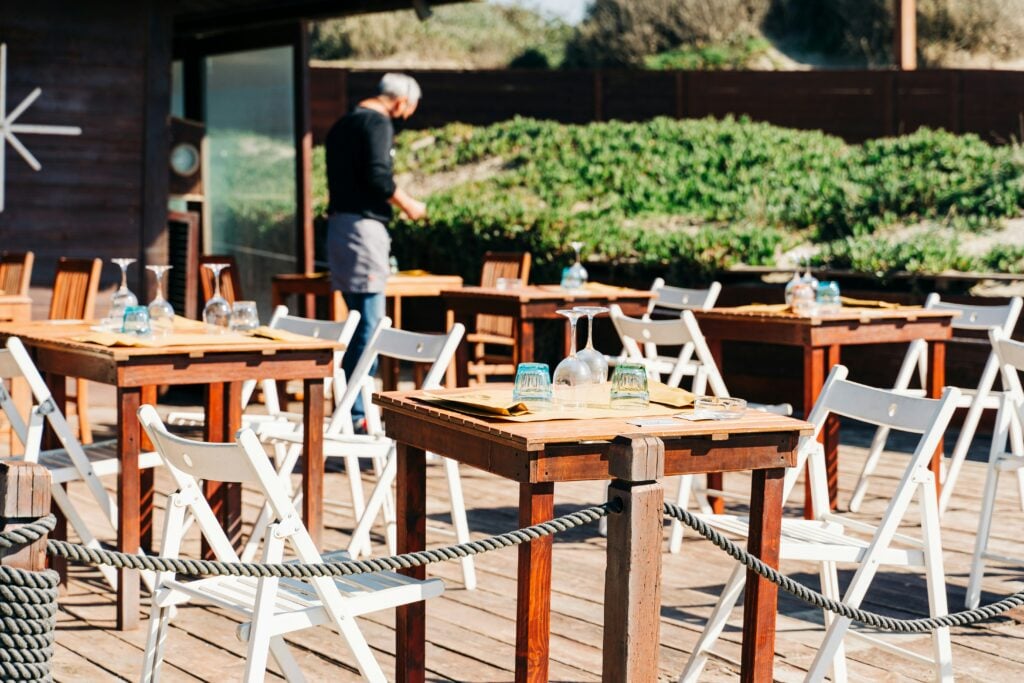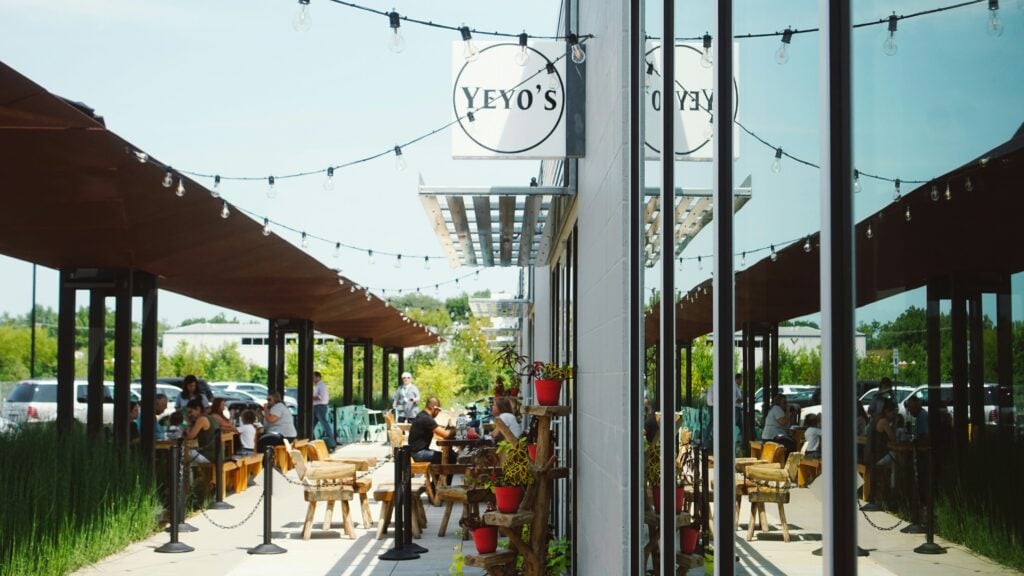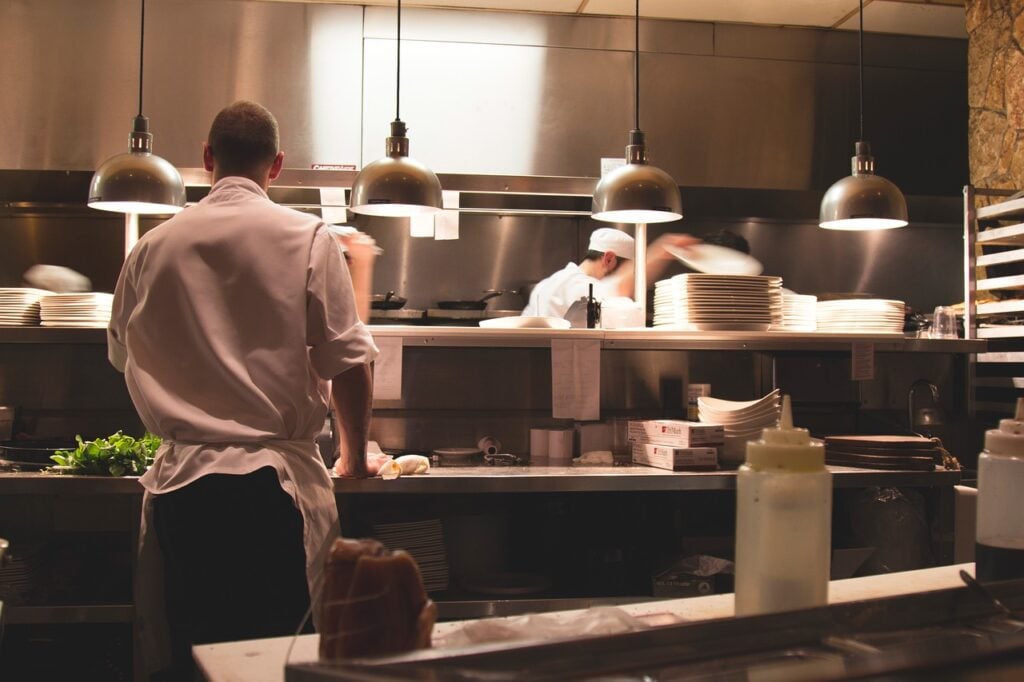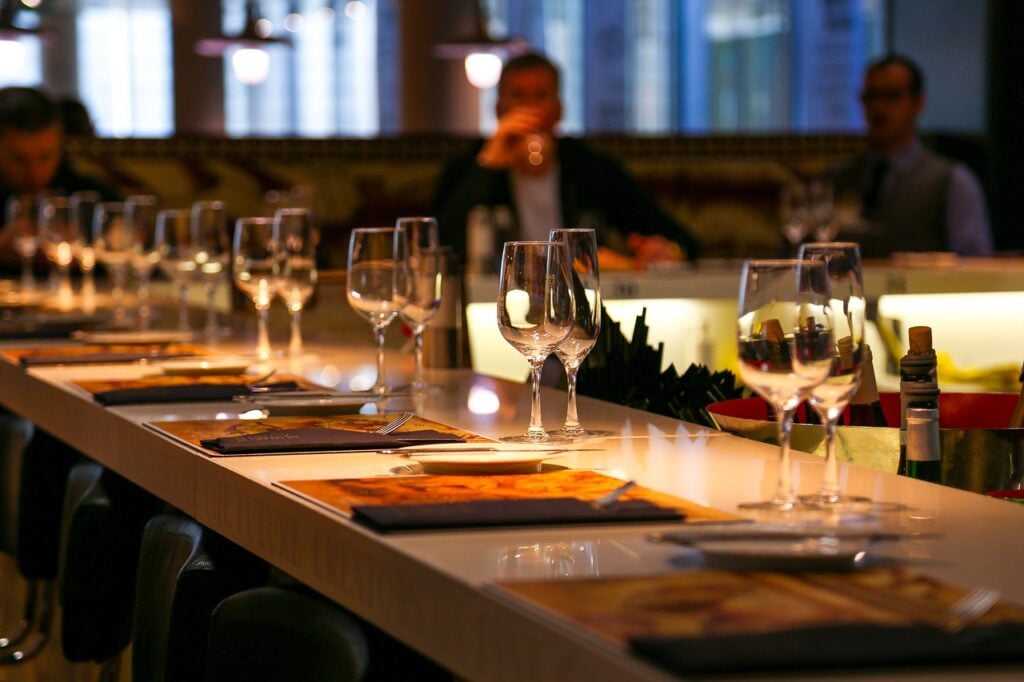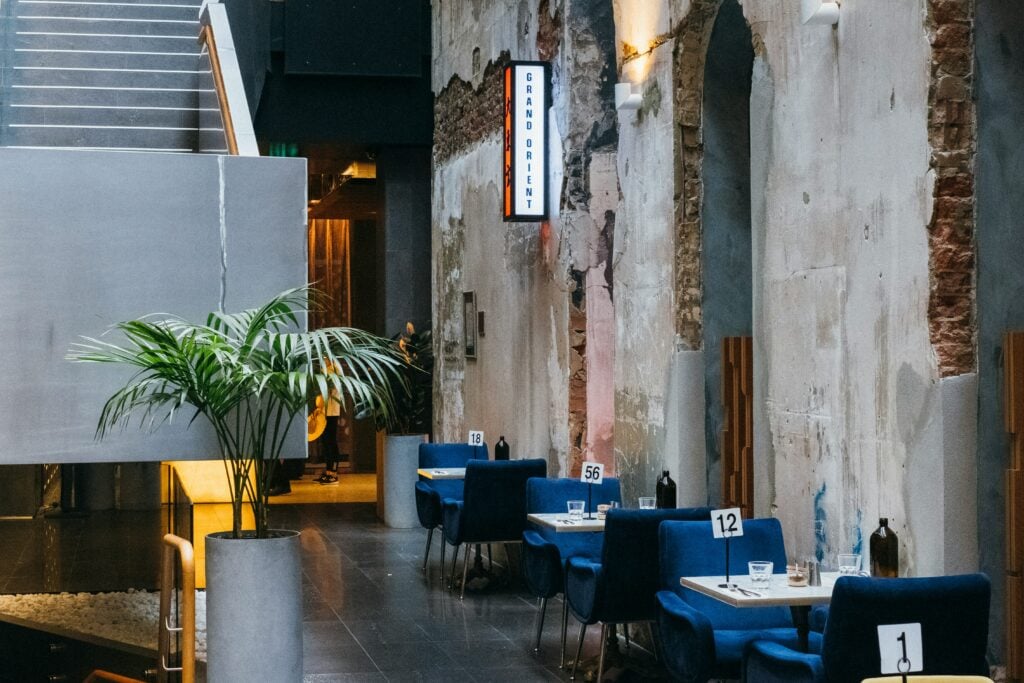As a real estate agent specializing in commercial real estate, you know that leasing restaurant space comes with its own unique set of challenges. Whether you’re working with first-time restaurateurs or seasoned culinary professionals, helping your clients navigate the complex world of restaurant leasing is crucial to their success – and yours.
In this comprehensive guide, we’ll explore the common pitfalls that can derail a restaurant lease and how you can help your clients avoid them.
7 Strategies for Guiding Your Clients Through Leasing Restaurant Space
Underestimating the Importance of Location
The old adage “location, location, location” holds especially true for restaurants. One of the biggest mistakes a restaurateur can make is choosing a space based solely on price or aesthetics without considering the area’s demographics, foot traffic, and competition. That’s where your role as the agent becomes vital; you must guide your clients to assess not only the visual appeal and cost of a location but also its potential to attract and retain customers.
As an agent, you can add value by:
- Researching local demographics to ensure the target market aligns with the restaurant concept
- Analyzing foot traffic patterns at different times of day
- Investigating nearby businesses and their customer base
- Considering parking availability and accessibility
Because location plays such an important role in a restaurant’s success, it’s essential to help your clients look beyond the surface-level appeal of a space. A thorough analysis of the location can mean the difference between a thriving establishment and one that struggles to keep its doors open. Don’t hesitate to delve into these details when working with your client.
Overlooking Zoning and Permit Requirements
Nothing can derail a restaurant’s opening faster than zoning issues or permit delays. Many restaurateurs, especially first-timers, may not be aware of the complex web of regulations governing food service establishments.
Help your clients by:
- Checking local zoning laws to ensure the space is approved for restaurant use
- Investigating any restrictions on hours of operation, outdoor seating, or liquor licenses
- Researching the history of previous tenants and any recurring issues with the space
- Connecting clients with local experts who can guide them through the permitting process
No matter the location, a restaurant’s success heavily depends on adhering to regulatory requirements and ensuring a timely opening. Make sure you thoroughly address these factors to prevent delays and operational hurdles for your client.
Neglecting to Negotiate Key Lease Terms
The lease agreement is the foundation of the landlord-tenant relationship. Failing to negotiate favorable terms can lead to financial strain or operational challenges down the line.
Key areas to focus on include:
- Rent Structure (fixed vs. percentage rent): Ensure the rent aligns with the restaurant’s revenue projections and allows for financial stability. For example, a percentage rent structure might benefit a high-traffic location where sales can significantly exceed projections.
- Lease Length and Renewal Options: Negotiate terms that provide flexibility for future growth or relocation. Long-term leases might lock in favorable rates but could also restrict expansion plans.
- Responsibility for Repairs and Maintenance: Clarify which party is responsible for repairs and upkeep to avoid unexpected expenses. For instance, if the landlord is responsible for major repairs, it could save your client substantial costs.
- Exclusivity Clauses: Secure clauses that prevent the landlord from leasing nearby spaces to competing restaurants, helping maintain a unique market position.
- Allowances for Renovations or Equipment Installations: Ensure the lease includes provisions for any necessary improvements or equipment, which can help mitigate initial setup costs.
To further illustrate the importance of negotiating lease terms, consider the case of a real estate agent who overlooked negotiating a rent concession for renovation costs. When unexpected expenses for upgrades and repairs emerge, the lack of a financial cushion can lead to significant financial strain, ultimately impacting the restaurant’s ability to operate smoothly.
Misjudging Space Requirements
Restaurants require a delicate balance of front-of-house and back-of-house space. Misjudging these requirements can lead to inefficient operations or disappointed customers.
Guide your clients by:
- Ensuring the kitchen space is adequate for the proposed menu and expected volume
- Considering storage needs for food, beverages, and supplies
- Evaluating seating capacity and flow in the dining area
- Checking that restroom facilities meet local codes and customer expectations
An easy way to address these concerns is by suggesting the creation of a detailed workflow analysis. This helps visualize how different areas will be used and makes certain that the space meets operational needs.
Ignoring the Need for Professional Photography
It comes as no surprise that high-quality visuals are essential for marketing any property, especially restaurant appeal. Professional photography can make a significant difference in attracting potential tenants and helping them envision their concept in the space.
As an agent, you can:
- Invest in professional real estate photography services for your listings
- Showcase the space’s potential with well-lit, high-resolution images
- Capture unique features or architectural details that set the space apart
- Use virtual tours or 360-degree photos to give a comprehensive view of the property
Professional photography not only helps attract more potential tenants but also demonstrates your commitment to marketing the property effectively. This can lead to faster leasing times and potentially higher rental rates.
Failing to Account for All Costs
Many first-time restaurateurs focus solely on the base rent, overlooking other significant expenses that can impact their bottom line.
Help your clients create a comprehensive budget by considering:
- Common Area Maintenance (CAM) charges
- Utilities, including any sub-metering arrangements
- Insurance requirements
- Property taxes (if applicable)
- Costs for initial build-out or renovations
By giving attention to these items, you can help your clients avoid unexpected financial strains and ensure they fully understand the total cost of leasing restaurant space. This holistic approach not only prevents budget overruns but also helps in making informed decisions that contribute to their long-term success.
Rushing Through Due Diligence
Among the common mistakes to avoid, rushing through the due diligence process is one of the most critical. The excitement of finding a seemingly perfect restaurant space can often lead to overlooking essential details. To help your clients make a well-informed decision, emphasize the importance of a thorough investigation before finalizing any lease agreement.
Ensure they take the following steps:
- Review the Building’s Maintenance History: Examine any past repairs, ongoing maintenance issues, and potential future concerns to gauge the building’s overall condition.
- Check for Liens or Legal Disputes: Verify that there are no outstanding legal claims or financial encumbrances on the property that could impact their lease.
- Investigate the Landlord’s Reputation and Financial Stability: Research the landlord’s history to assess their reliability and financial health, ensuring they are a trustworthy partner.
- Conduct a Comprehensive Inspection: Assess all critical systems, including HVAC, plumbing, and electrical, to identify any hidden problems that might require costly repairs.
Addressing these aspects will help your clients avoid unexpected challenges and ensure their new restaurant space supports their business’s success throughout the lease terms.
Overview of Common Mistakes to Avoid When Leasing Restaurant Space
With restaurants typically spending $3,000-$8,750 per month on rent, securing favorable lease terms and a prime location is vital. By offering informed guidance from property selection to lease negotiation, you help your clients make decisions that will benefit their business long-term. Your expertise not only aids in securing a lease but also fosters strong client relationships.
For further advice on optimizing your real estate listings, click here to uncover more tips and strategies.

